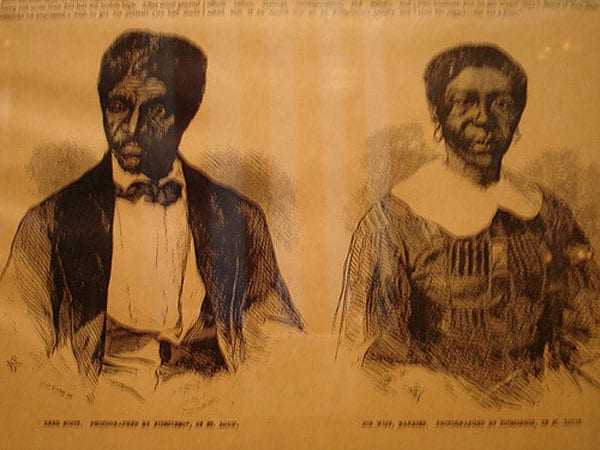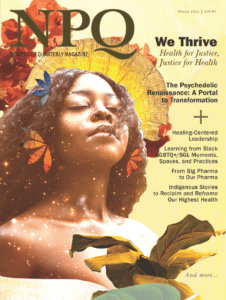
December 10, 2018; Rocket City Now (WCDZ News)
Located in the northwest corner of Alabama, just north of the Tennessee River, Florence is home to 40,000 and part of the larger Florence-Muscle Shoals metropolitan region of 147,000. In terms of its history, the region is best known for being home to Helen Keller and for its role in the development of blues music. It is also a largely white and politically conservative region. In the 2017 vote for US senator, even as Democrat Doug Jones won statewide, Republican Roy Moore carried over 55 percent of the vote in Lauderdale County (where Florence is located) and 52.5 percent of the vote across the river in Colbert County (where Muscle Shoals is located).
But now a local nonprofit wants to lift up a part of the community’s history that has gotten far less attention—namely, that for over a decade the region was home to Dred Scott, a slave owned at the time by Peter Blow. In 1846, Scott, who for a time lived in the North, filed a lawsuit arguing that his time there where slavery was forbidden meant that he and his wife should be free. Scott thereby became the plaintiff in one of the most consequential Supreme Court cases in US history.
The majority 7-2 opinion in 1857, written by Supreme Court Chief Justice Roger Taney, ruled against Scott and included this chilling passage:
The question is simply this: Can a Negro, whose ancestors were imported into this country, and sold as slaves, become a member of the political community formed and brought into existence by the Constitution of the United States… We think [the people of the Negro race] are not included, and were not intended to be included, under the word “citizens” in the Constitution, and can therefore claim none of the rights and privileges which that instrument provides for and secures to citizens of the United States.
Sign up for our free newsletters
Subscribe to NPQ's newsletters to have our top stories delivered directly to your inbox.
By signing up, you agree to our privacy policy and terms of use, and to receive messages from NPQ and our partners.
A local nonprofit social justice group called Project Say Something (PSS) wants to place a statue of Dred and Harriet Scott in front of the courthouse to remind local residents of Scott’s struggle for freedom. “For me it makes it more real and more alive to realize that he lived here for 10 years,” Lee Freeman, a local historian and PSS member, tells WCDZ reporter Renata Di Gregorio.
“His case shaped our nation,” adds Camille Bennett, who helped found PSS.
Pointedly, the group, operating in a conservative community in conservative Alabama, is not challenging the city to take down its Confederate monument, even as other Southern cities, such as New Orleans and Memphis, have done so. Of course, such a move would be unlikely to fly politically in Florence. Nor is the nonprofit seeking public funds. It has requested County Commission permission to put privately financed statues in front of the county courthouse.
The goal, Freeman says, is to “put that whole era into context. We’ve got the Confederate monument that tells one story. We want to balance that out and tell the other side of that story. So, we’re not about taking down or removing or tearing down. We want to actually discuss what was going on.”
“We envision this as an educational component to help tell Florence’s story,” adds PSS member Brian Murphy. “We envision school children coming out to this place to learn about not only Dred and Harriet Scott, but this entire period.”—Steve Dubb













